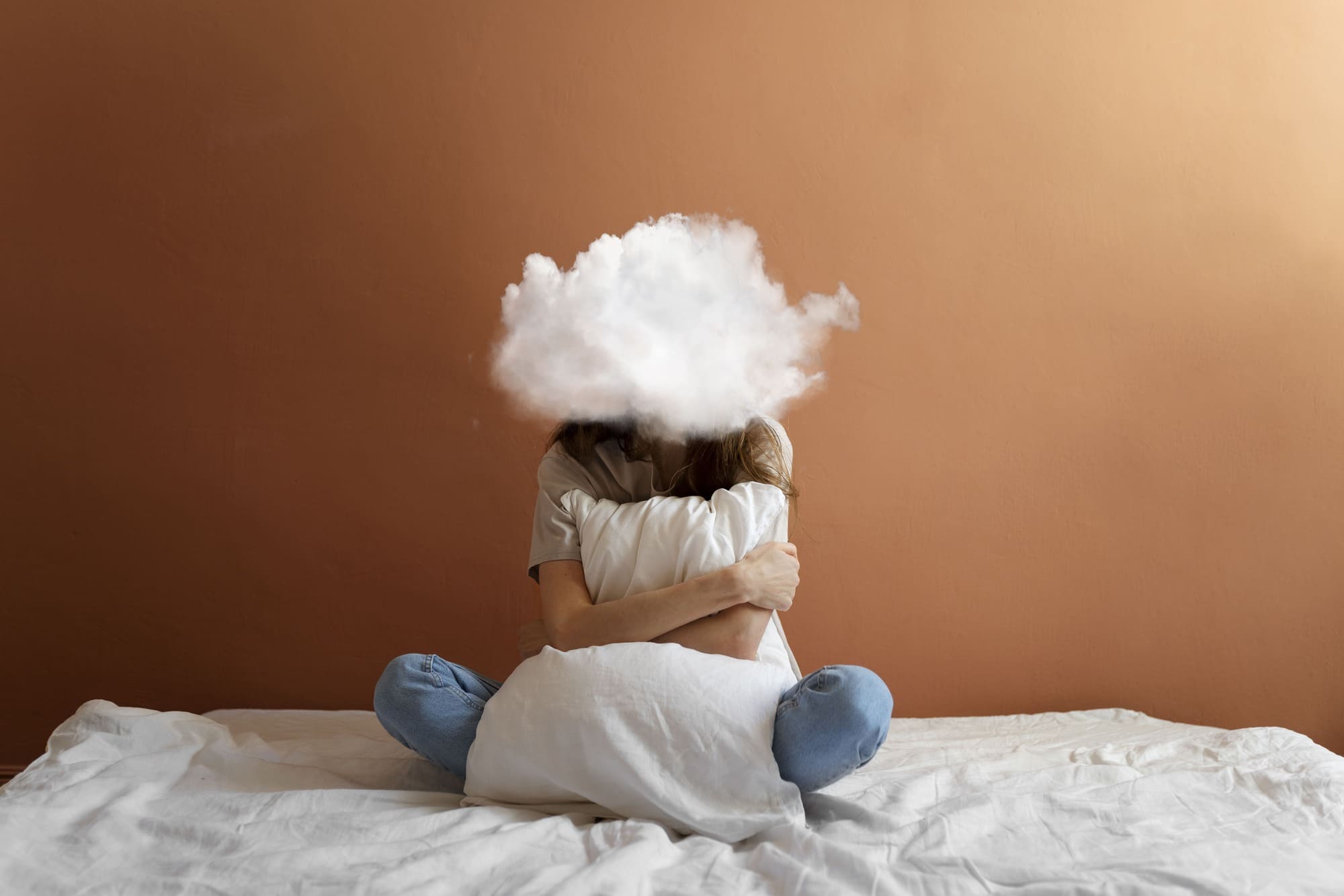Categoría: Depression,Psyquiatry
Etiquetas: #diagnosis, #schizophrenia, #studies
More content you may find interesting
For years, the inflammatory theory has been discussed as a possible explanation for various severe mental conditions, such as depression and schizophrenia.

Traditionally, the most established theory was an imbalance in brain monoamines (serotonin, norepinephrine, dopamine…). However, this explanation is overly simplistic and forms the basis for many of the most commonly used antidepressants today. These drugs are effective for a large number of patients but not for all.
The main problem with these medications was the approximately four weeks they took to start working as antidepressants, which is a long time for someone suffering from major depression.
As of October 15, 2020, Sage Therapeutics has released an encouraging study conducted on 725 adults with Major Depression, who were followed for a year. The treatment involved administering Zuranolone once a day for 14 days.
According to the study, Zuranolone, an investigational neuroactive steroid, improved symptoms in the majority of patients within 14 days of treatment. The study is in Phase 3, evaluating its safety, tolerability, and the need for repeat doses later on. It started at a dose of 30 mg and increased to 50 mg in May 2020, as expected, side effects were more common at the higher dose.
Side effects were reported by less than 5% of patients, and the most common were drowsiness, headache, and dizziness, mostly of mild to moderate intensity and reversible.
Major depression is a common and serious mood disorder that affects social and occupational functioning. It is estimated that approximately 17 million people in the United States suffer from it every year.
Although this new study is still in Phase 3, it offers hope for new treatment avenues for this common and debilitating mental illness.





